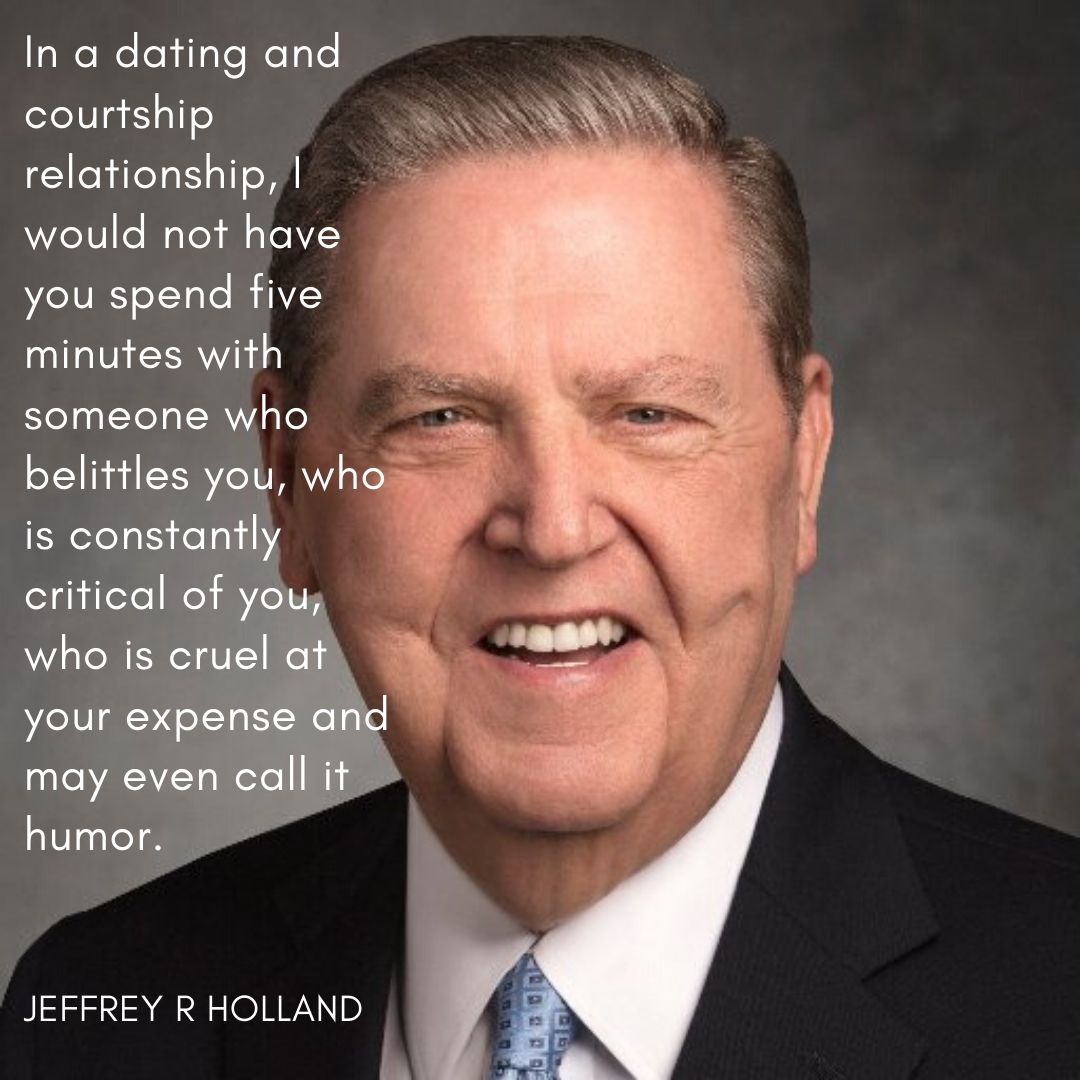
Guest Blog by Elizabeth from Thriving Results Coaching
The Coach Gets Dumped, too!
Well, I (Elizabeth) just got dumped. Yes, it definitely happens even when doing everything “the right way!” What I mean is, I rigorously practice what I preach! This means that I use my relationship model. I stay on the lookout for when things aren’t working. I work to notice and resolve these things so that I can create a thriving partnership. Of course I make mistakes, and I am committed to cleaning up every single one of them along the way. That is practicing 100% ownership!
And, isn’t that the best thing ever!?! Yes, getting dumped!
Here are the top 10 reasons why getting dumped is important to creating and having the relationship of your dreams:
Lesson number…
1. No one did anything wrong!
He really is a wonderful man. The best one I’ve ever dated to date—Pun intended! There is absolutely nothing wrong with him, and I do love him. In fact, I respect him more for saying goodbye and honoring my time and space to move on.
A good man does not always equal a good fit for a partnership. Every man I’ve dated since divorcing has been a good, down to their core, really, really amazing man. Breaking up DOESN’T mean someone did anything wrong!
In my most recent relationship, I discovered another wonderful man who ended up NOT being a good fit for the partnership I am committed to create!
2. I get to keep learning and growing!
Because he said goodbye, I won’t be dragged on for months or years trying to make something work that was never aligned to begin with. He provided me with the space to move on, grieve the loss of our love, and take care of myself. What a relief!
3. Honesty is the best policy…even when it divides a budding relationship.
Deep honesty means that I know my values and I honor them, regardless of what my partner ‘wants’ me to be or do. I demonstrate with my behavior what my real boundaries are. This helps turn off and repel the wrong partners. When I stuck to my boundaries, he saw that he didn’t feel comfortable with some of my boundaries.
4. I want to scare off the misfits!
I want my values to be so clear and obvious that anyone who would object to them runs for the hills. This saves me the heartache and time I could have wasted on them. I want my way of ‘being’ to be so ‘loud that [he] can’t hear what [I’m] saying.’ I want to find someone who is committed to treating me in loving and supportive ways, and I want to find someone I can love like that too. That means that we can have a deep respect for the values and needs of one another, and neither of us need to sacrifice what matters to us.
5. Dumping represents progress.
I have a sticker on my water bottle that says, “Fail. Learn. Move on.”
I can look back and see how I grew from the good parts of the relationship.
I can look back and see what I can learn right now from what didn’t work, too.
For example, what red or yellow flags can I identify now where I acted in a way that lacked integrity? Perhaps I let my boundaries slide when I was having fun, or perhaps I stopped honoring my needs when things were exciting. (Sleep… I need sleep!)
6. Being dumped can represent healthy boundaries!
When we know something won’t work, we should stop doing it! I thank him for saying that this is over. He did me a favor in a healthy, respectful,and kind way.
This principle applies across the board. As Paul Jenkins’ wife said, “Do more of what works; less of what doesn’t!”
So being dumped is actually healthy, for me in this instance.
7. If you can’t wholly come to the table, you are at the wrong table!
I do NOT back down on what deeply matters to me. I do NOT make do, compromise, or sacrifice any core value. I want to bring my best self fully to a thriving partnership. When that doesn’t work for the other guy, that is a dead giveaway that this isn’t going to last.
8. Fail Fast—Fail Forward
Ending a relationship gives momentum, and we can choose to move into stagnant, slug-like performance, or to move forward into living with our whole hearts each moment. While, now I need to grieve. I will do it with my whole heart! And, I will move forward through grief. Grief provides the healing and learning and cleansing needed to create something new.
9. I just got a new lease on life.
Letting go of the future I expected and hoped for hurts… right before it provides a huge opening for creating a new future. I feel the space, and when I’m ready, I will explode into that new future and that new space. First, a little time for healing, please.
10. He really did me a favor and provided an important gift.
Thank you, Mr. Wonderful! Thank you for the time I got to enjoy with you in your life. Thank you for treating me with honor, and thank you for the times you didn’t honor me. Thank you for the conversations, and sharing your perspectives and your meals with me. Thank you for being so courageous that you would be honest with me when it wasn’t easy for either of us! I love you, and I wish you the best in life!
Those are the first 10 lessons I got from being dumped today.





